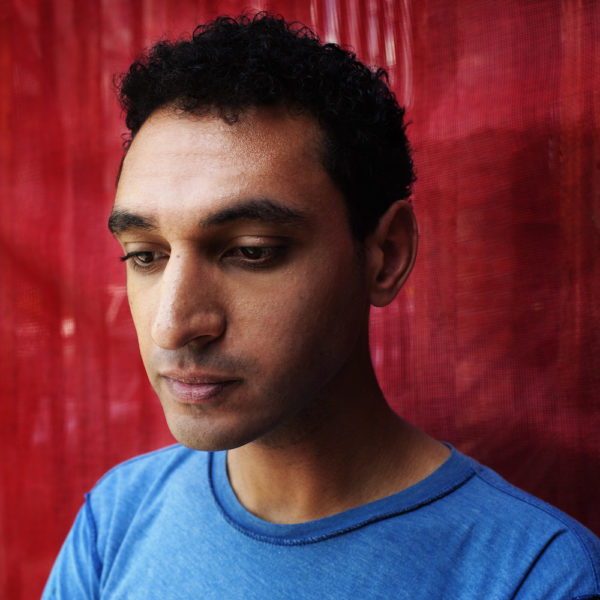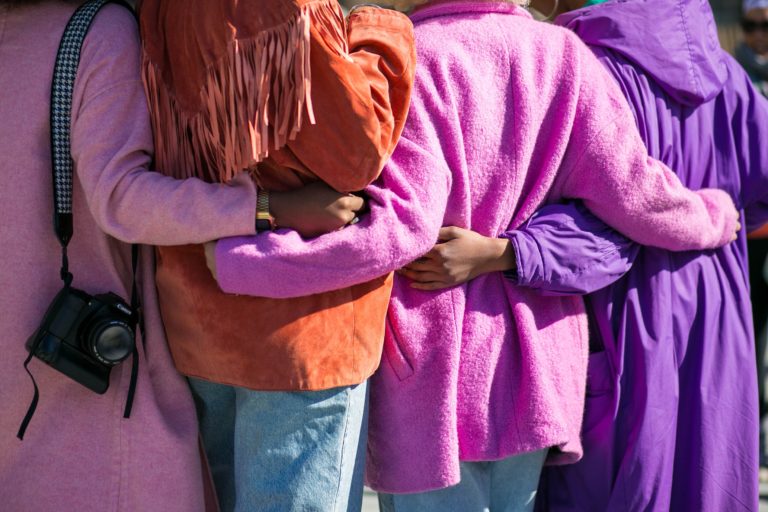The Virtue of Dreaming and Doing
“At times, our own light goes out and is rekindled by a spark from another person,” wrote Albert Schweitzer. “Each of us has cause to think with deep gratitude of those who have lighted the flame within us.”
I was thinking of these words as I began my long walk from downtown Manhattan to the United Nations complex on the East River. It must have been a brilliantly bold time of renewal when that building broke ground in the 1940s. With humanity rediscovering a new optimism spurred on by the start of a healing fountain that promised to wash away the wounds of two globally devastating wars, a charter was put forward that declared, “We the peoples of the United Nations determined: to save succeeding generations from the scourge of war, which twice in our lifetime has brought untold sorrow to mankind” and then called on humankind to make promises and cast them into the future.
Across the street from UN headquarters, the inscription on the Isaiah Wall captures the heady ambition that must have been present in the air when construction began on the complex in 1948:
“They shall beat their swords into plowshares, and their spears into pruning hooks; nation shall not lift up sword against nation, neither shall they learn war any more.”
As I surveyed the complex, I thought of the generation that built the place. Those who possess the courage to dream and do often create legacies that fall short of our highest aspirations. The United Nations may never live up to the words of its charter, but the alternative, embracing the sleep of self-satisfaction and the finality of cynicism, would result in no legacy at all. Instead, as the General Assembly prepared for its 71st year of sessions, I stared at perhaps the only hall in the world where people from nearly 200 nations regularly meet and talk with one another to discuss their concerns in relative peace.

As too many young people of my generation seem to embrace inhibition as a form of safety, the knee-jerk reaction to the boldest aspirational callings of the world and the heart are often met with insecure skepticism. The world, after all, has given us plenty to be skeptical about.
If we spurn hope, love, healing, advancement, and peacemaking as “unrealistic” then we protect ourselves from hurtful disappointment in the short-term, but we also ensure that we will never accomplish any of those grand things over the longer arc of our lives or, indeed, history. The Greatest Generation could have left us with an empty lot on the East River rather than build an organization to symbolize the opportunity to solve problems through peaceful means. They had more to be skeptical about than we do today.
Down the street, in the shadow of the General Assembly Building, is a lone bronze briefcase inscribed with the letters “R.W.”, the initials of the Swedish diplomat, Raoul Wallenberg. His acts of profound courage and generosity of spirit did not just result in grand ideals but in the rescue of nearly 100,000 Jews during the Holocaust from certain death.
For Wallenberg, the choice of the big, bold, path was simply not a question nor was cowardice an option. “To me,” he said, “there’s no other choice. I’ve accepted this assignment and I could never return to Stockholm without the knowledge that I’d done everything in human power to save as many Jews as possible.” The results, far from abstract, was nothing less than the preservation of human souls. Though Wallenberg was disappeared by the Soviet Union and has not been heard of since, his briefcase and his legacy remains for a new generation of diplomats to see each day as they go to work.
Love is a big, bold thing. Peace is a formidable peak. But we should not run or shy away from bold things when they contain much beauty and promise within them. Another Swedish diplomat and the second Secretary General of the United Nations, Dag Hammarskjöld, once wrote:
“It is when we all play safe that we create a world of utmost insecurity. It is when we all play safe that fatality will lead us to our doom. It is in the ‘dark shade of courage’ alone that the spell can be broken.”
And Hammarskjöld lived his vision out not only as a titanic peacemaker but also, as the poet W.H. Auden described him, “a great, good, and lovable man.” From his negotiations on behalf of captured pilots to his establishment of the United Nations Emergency Force that has facilitated orderly transitions and turned down the volume of international tensions over decades, he displayed a profound belief in the human spirit. The day that he died, when his airliner was brought down in Northern Rhodesia, he was en-route to negotiate a ceasefire.
People and organizations who aspire to do great things will always suffer harsher criticism than those who attempt to do nothing. While progress can be frustratingly slow and setbacks can be painful, if we choose to be uniformly skeptical of the ideals that inspire human beings to be their best selves then we will make no progress whatsoever; not even slow progress that we can complain about. Making bold personal and global vows to ourselves and each other can be a key to untold greatness and joy. Exercising our vows daily and with honor can result in a cherished record of pride.
I exited the complex and looked back. As the sun went out, the United Nations Secretariat Building and the East River reflected the sky’s twilight pink and a gentle late summer breeze caressed my face. I closed my eyes and listened to the singing of sparrows as they conversed with the gentle trickling of the waterfalls in Dag Hammarskjöld Plaza. When I reopened my eyes, the darkness had come. I picked myself up, dusted myself off and prepared myself to reenter the maniacal grid of Manhattan with my faith renewed that the light of the world would be back again tomorrow.



Share your reflection